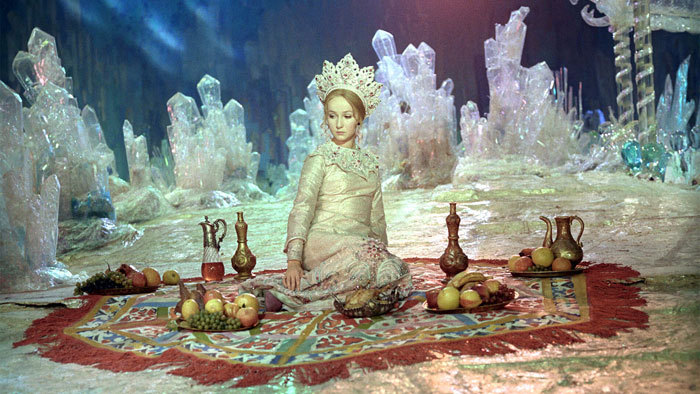this blog is retired.
VYR HAS RELOCATED AND REFORMED ITS ETHOS.
(via retired-archive-blog)
Anonymous murmured, « Are you saying that we should unfollow this blog and follow your new one? (If you have changed your url) »if you like, i’m not pressuring you. my new blog is the same URL as before and this is the direction i’m going with it; essentially each page of the blog will have a different aesthetic. i haven’t even finished the first page of content yet but feel free to follow it if you so desire
an announcement
vyr is an absolute catastrophe
aesthetically it’s incoherent, completely incoherent
visually and intellectually there’s no correlation between word and image, it’s really only an image archive for art that enraptures me and that’s not interesting to me or to anyone else, i put no heart into it, no effort at all
vyr (though formerly known by other URLs) turned 2 years old just a few weeks ago, and for the aforementioned reasons i think i may turn this blog (and my personal blog) into archives and begin anew on both counts
quite soon
i apologise for the inconvenience
there is a mediaeval temple of the Vijayanagar empire at Hampi in Karnataka whose stone pillars, when tapped, produce musical notes not only corresponding to the Saptha Swaras of Carnatic classical music but also corresponding to the distinct sounds of various musical instruments
an opera-glass through deep space, vision made deep, deep, stasis spangled with mica and framed against the myth of the lotus-eaters, monsoon leather, the white blossom of death, a memory: (brume cloaking the mountains near delphi, an awakening at delphi, a pornographic deck of cards bought clandestinely near delphi), an inner glade, a toxic glade, siphoning, tautening, loosening, stellar collapse
Agnus Dei, Marlui Miranda.
In this record, the traditional songs that are sung during the Mass ritual of the Catholic church are sung probably in the Tupi language.
(Source: viskningar, via esdur-blog)
As we manipulate everyday words, we forget that they are fragments of ancient and eternal stories, that we are building our houses with broken pieces of sculptures and ruined statues of gods as the barbarians did. — BRUNO SCHULZ, Letters and Other Writings.
working hypothesis: everyone looks better with thin rivulets of blood running down their faces and orchids in their mouths
Our body is not in space like things; it inhabits or haunts space. It applies itself to space like a hand to an instrument; and when we wish to move about we do not move the body as we move an object. We transport it without instruments as if by magic, since it is ours and because through it we have direct access to space. For us the body is much more than an instrument or a means; it is our expression in the world, the visible form of our intentions. Even our most secret affective movements, those most deeply tied to the humoral infrastructure, help to shape our perception of things. — MAURICE MERLEAU-PONTY
A graceful death—as a richly patterned kimono, thrown carelessly across a polished table, slides unobtrusively down into the darkness of the floor beneath. A death marked by elegance. ― YUKIO MISHIMA, Spring Snow.

